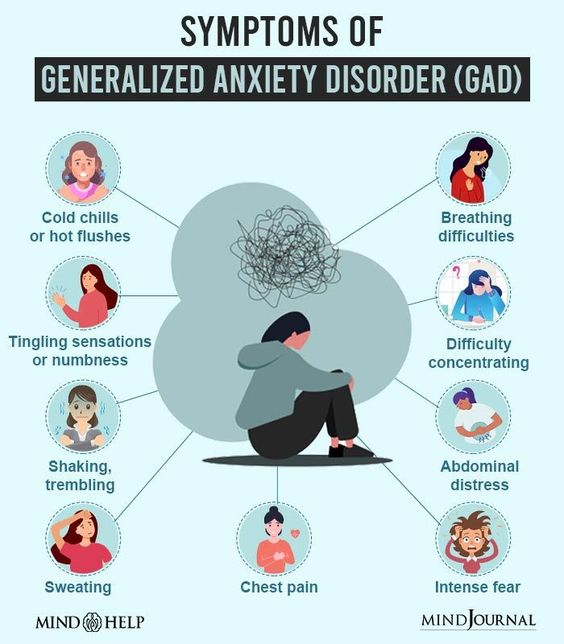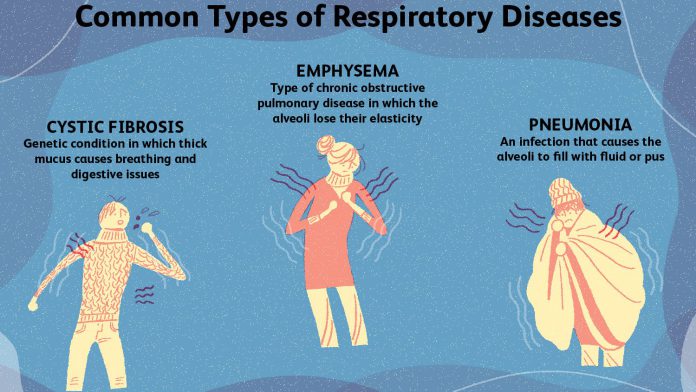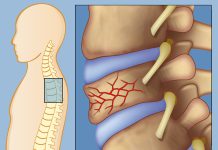Exproperti.com – A disorder is a condition that affects the structure or function of an organism. This condition is not immediately caused by external damage, but is often associated with certain symptoms. Here are some examples of diseases and their symptoms. Read on to learn more. We’ve all had them: allergies, depression, high blood pressure, and more. But what exactly is a disorder? And how can you tell if you have one? Keep reading to find out!
Anxiety disorders are conditions that cause people to worry too much

Depressive disorders cause people to feel sad and have trouble thinking positively. They can also interfere with daily functionalities. Anxiety disorders are conditions that cause people to worry excessively, particularly about a perceived future threat. Other related disorders include obsessive-compulsive disorder, which entails repetitive thoughts and behaviors. Anxiety disorders can also cause people to overeat, spend too much time in front of a television, or engage in self-harm.
To define rare diseases, researchers conducted a literature search to identify rare diseases. In addition to medical textbooks and published literature, they consulted online material and governmental and non-governmental sites to determine the prevalence of rare diseases. A governmental and non-governmental database of Quebec population was used to estimate the prevalence of rare diseases. However, the rare diseases found in the data are very rarely diagnosed. If you suffer from one of these rare diseases, don’t be discouraged.
The progression of this disorder is often slow

Another type of disorder involves the degeneration of brain cells. Neurodegenerative diseases include Alzheimer’s disease, multiple sclerosis, and Parkinson’s disease. These disorders affect the elderly. While most are curable, the progression of these disorders is often slow. For example, Parkinson’s disease causes slowness and rigidity in the body. It causes the death of neuronal connections in the substantia nigra and other regions of the brain.
Although it is difficult to understand what causes Alzheimer’s disease, there are treatments for it. These include medicines, physical therapy, and surgeries. Moreover, a person suffering from Parkinson’s disease may also benefit from occupational and speech therapy. A doctor may also prescribe a combination of treatments depending on the symptoms. But this is still not the answer for every patient. Only time will tell. And you have to be willing to try them.
Substance use and alcohol increase the risk of this disorder

Various research has suggested that substance use disorders can increase the risk of developing many medical disorders, including hypertension, diabetes, and depression. Several studies, however, have not yet shown a direct relationship between mental illness and substance use disorders, but the two are related. The researchers noted that both substances and alcohol use increase the risk of these disorders, and that they also worsen their condition. A combination of substance use disorders and psychotic disorders has been associated with increased rates of these ailments.
Among these, rheumatoid arthritis is one of the most common. This disorder affects the joints, causing pain, swelling, stiffness, and loss of function. In addition, it can also lead to fatigue, fever, and a host of other symptoms. Because atopic disease is an autoimmune condition, it affects the body’s immune system. It is a complex condition, and treatments are more effective than ever.









